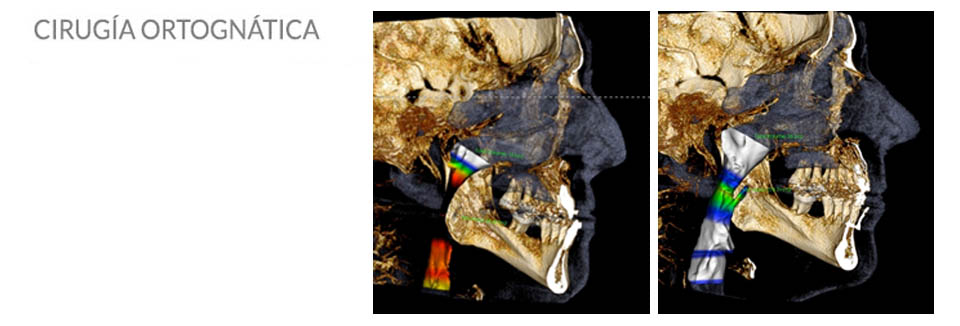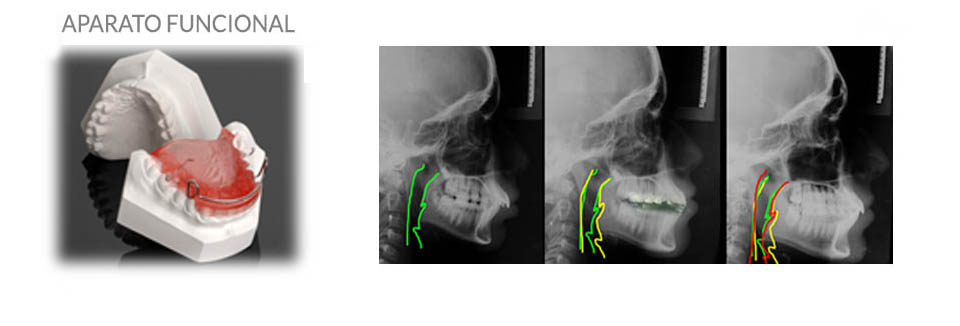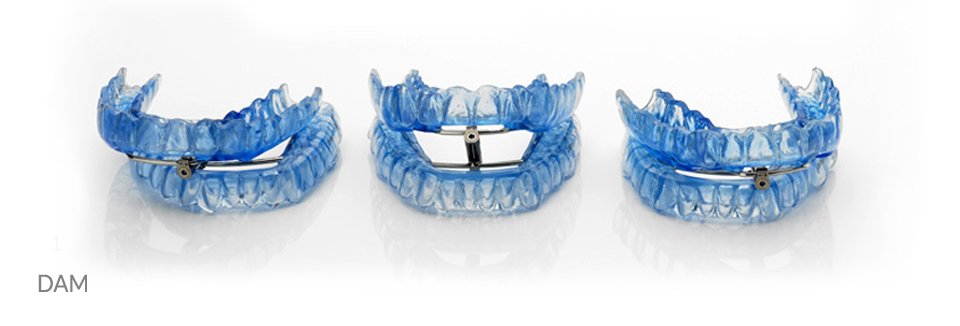Sleep Apnea in Seville
What is Apnea?
The Obstructive Sleep Apnea Syndrome (OSAS) is currently one of the chronic disorders that is most frequently spoken about in the media, due to the associated risk factors, such has high blood pressure, heart failure, cardiovascular accidents and arrhythmias. The airway is partially or completely obstructed during sleep, interrupting (apnea) or reducing (hypoapnea) the airflow, followed by a temporary awakening period that restores the permeability of the airway. These apnea and hypoapnea cycles are repeated for hours interrupting the restorative sleep. The obstruction is most commonly found in the upper airway (pharynx), more exactly in the oropharynx and the hypopharynx.
The main causes for this pathology are the reduction in the expansive force of the dilating pharynx muscles and the lack of coordination between the inspiratory muscle strength and the expiration effort. Other factors are the excess or elongation in the soft palate tissue, macroglossia (large tongue) and hypertrophic tonsils. This syndrome is more frequent in obese people, because the accumulation of fat on the neck area makes the pharyngeal airway narrower and reduces the airflow.
This has a negative health impact and affects the behaviour of millions of teenagers across the world, as well as in many partners that have to share a bed with the uncomfortable snores that the irregular airflow causes around the uvula and the soft palate.
The oxygen deficiency causes different symptoms such as hypersomnolence, generalized tiredness or depression. It also increases the risk of suffering systemic illnesses such as high blood pressure (hypertension), heart attack, thromboembolism, type II diabetes, etc


When treating OSAS it is essential to consider important advice regarding how to rest, such as regulating sleeping hours and trying to create an environment that promotes getting sufficient sleep. Do not go to bed if you do not feel the need to sleep and avoid spending too much time in bed.
Secondly, both alcohol and smoking should be avoided. Smoking increases the inflammation of the upper airway and increases the risk of suffering sleep apnea. Drinking alcohol is related to increasing the duration of the apnea, arterial unsaturation and sleep fragmentation.
Clínica Dental Avante has created a study group for sleep apnea in Seville and works alongside a specialist practice for sleep disorders (Clínica Buhaira http://www.clinicabuhaira.com/sleep.html). Both practices work together to provide an efficient medical and dental diagnosis that can determine the correct steps to follow to treat the associated respiratory disorders during sleeping periods.
The chosen device is generally a CPAP (Continuous Positive Airway Pressure), but nowadays the APAP (Automatic Positive Airway Pressure) is increasingly being used. This device provides just the right air pressure that is required by the patient in each moment of sleep; it adapts to the patient’s needs on each moment.
These devices can sometimes be uncomfortable for the patients and they may not be well tolerated, making dentistry an alternative that may help in some cases. Alternative treatments would include orthognathic surgery in adults, and a functional device to stimulate mandibular growth or a rapid maxillary expansion in young patients. Both treatments can increase the airway path and therefore may correct the OSAS permanently. If an adult patient does not want to go through orthognathic surgery, we can provide him with a mandibular advancement device (MAD) with medical follow up by the sleep disorder specialist practice (Clínica Buhaira).
Clínica Dental Avante suggests achieving a correct medico-dental diagnosis to stablish how severe the OSAS is and the most appropriate treatment.
